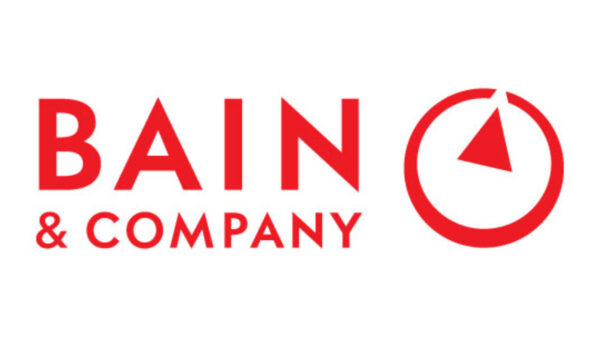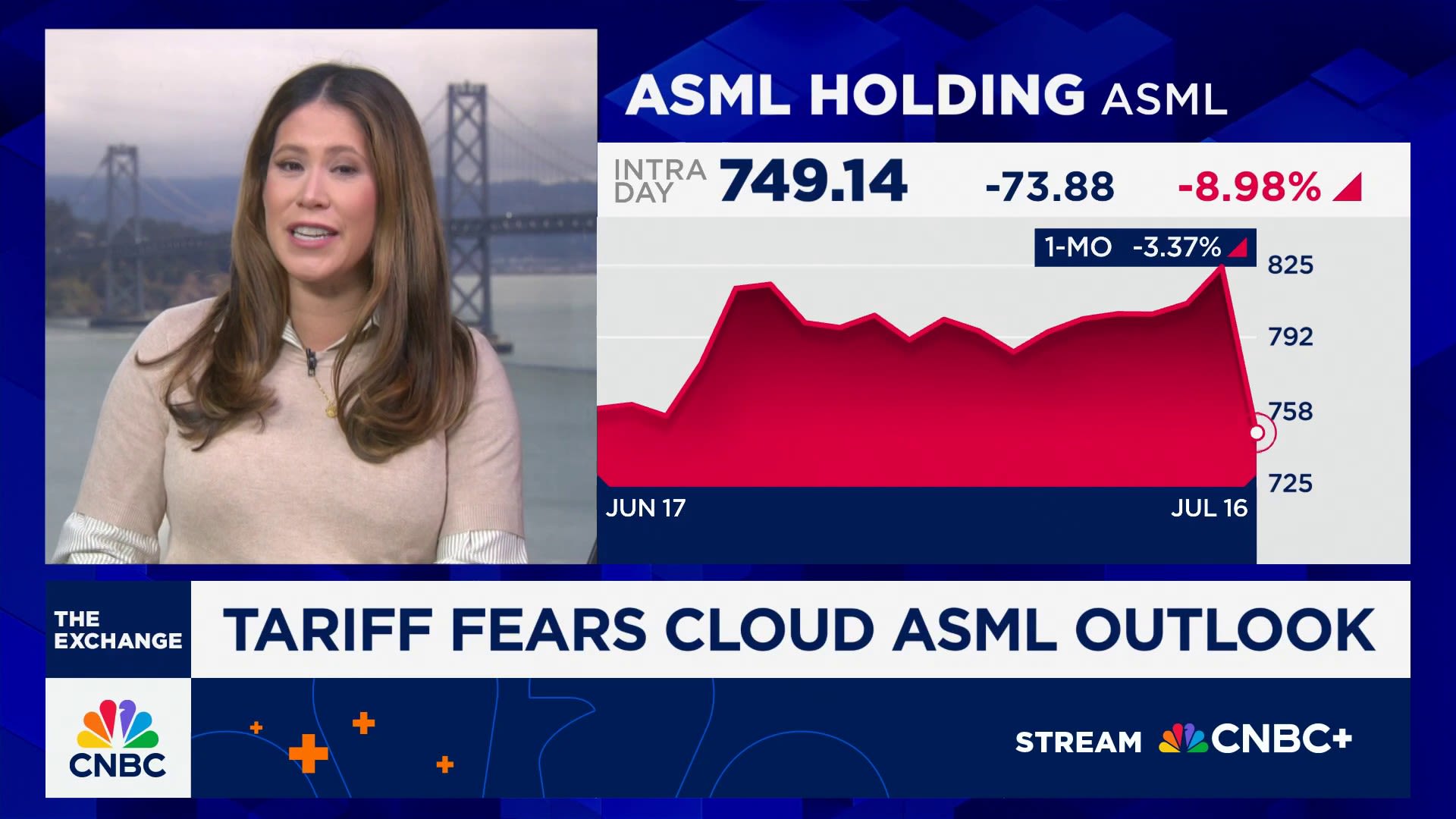Concerns are growing regarding potential tariffs that could impact the U.S. semiconductor supply chain, particularly for companies like ASML. During a recent segment on CNBC, analyst Deirdre Bosa highlighted how these tariff risks could adversely affect the cloud computing outlook for the tech industry.
The semiconductor sector is vital for various applications, including cloud services, AI, and consumer electronics. If tariffs are imposed, it could lead to increased costs and supply chain disruptions. This situation could particularly affect U.S. companies reliant on imported chips.
ASML, a leading supplier of photolithography equipment used in chip manufacturing, is at the forefront of this potential crisis. Analysts are closely monitoring developments, as the company’s ability to deliver advanced technology hinges on a stable supply chain. The ongoing trade tensions could lead to significant implications for the future of cloud computing and data processing.
Implications for Cloud Services and the Semiconductor Market
The semiconductor industry has already faced considerable challenges in recent years, including shortages and rising demand. Analysts predict that the combination of tariffs and existing supply chain issues could further strain the market. Bosa emphasized that any tariffs would likely increase costs for manufacturers and ultimately consumers.
Companies like Amazon, Microsoft, and Google, which depend heavily on robust cloud services, are particularly vulnerable. They rely on a steady flow of semiconductor components to power their data centers and maintain competitive performance. If tariffs lead to higher prices, these tech giants may be forced to pass on costs to their customers.
The implications extend beyond just pricing. A disruption in the supply chain could result in delays for new product releases and advancements in technology. As the competition in the tech space intensifies, any setback could have lasting effects on market share and innovation.
Future Outlook and Industry Reactions
Industry experts are calling for clear communication from policymakers regarding tariff plans and their potential impact on the semiconductor sector. They argue that a collaborative approach is essential to mitigate risks and ensure the stability of the supply chain.
In light of these developments, companies are reassessing their strategies. Many are exploring alternative suppliers and diversifying their production facilities to minimize risks associated with tariffs. The question remains whether these measures will be sufficient to counter the challenges posed by potential trade barriers.
As the situation evolves, the semiconductor industry and tech companies continue to brace for the fallout. With the cloud computing market projected to grow substantially in the coming years, maintaining a reliable supply of chips will be crucial for sustaining this growth.
The outcome of these tariff discussions could significantly shape the future landscape of the semiconductor industry and its role in powering global technology advancements.





































































